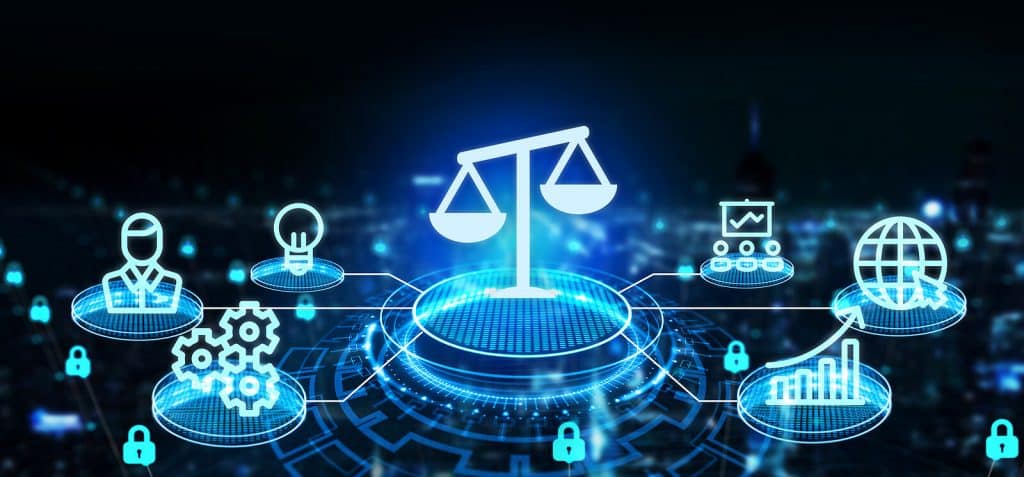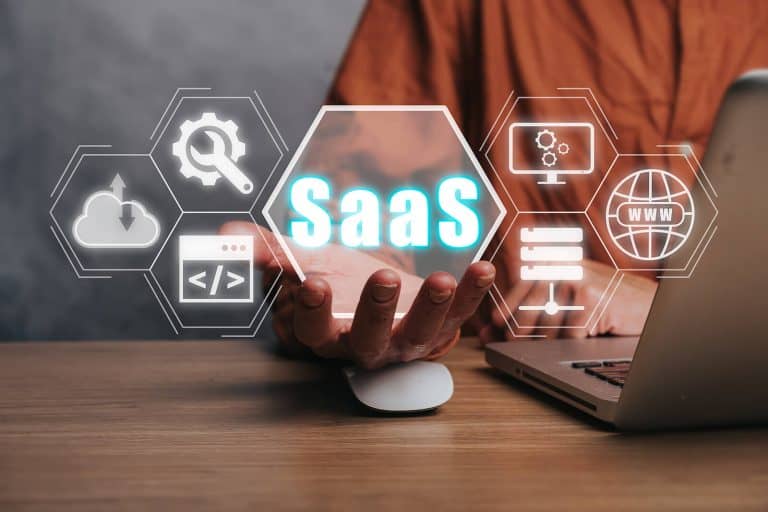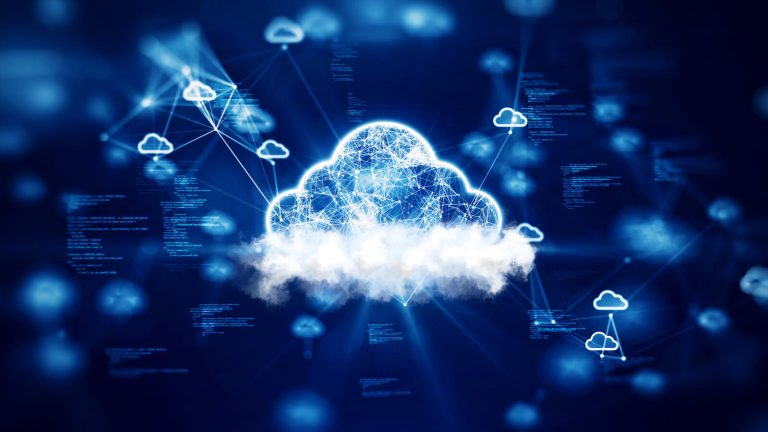Over the last few years, powerful forces have changed the market landscape for legal advice. This new normal is characterized by clients demanding value billing, the unbundling of legal services into specific tasks, and the growth of legal process outsourcing, legal cloud software, and legal cloud services. Corporate legal departments are driving the rise in legal processing outsourcing to specialist legal tech vendors. Ironically, they are doing so by insourcing a lot of work previously done by outside counsel. General counsels are often accompanied by specialist procurement personnel when meeting outside counsel to drive a hard bargain on fees. Corporate clients no longer agree to pay for some work components such as a first-year associate’s hours. The digitization of legal data is transforming the legal profession. In line with developments in other industries, the legal services sector produces tons of data that must be efficiently captured, stored, and organized. Successful law firms of the future will need to provide expert legal advice and quickly screen, analyze, and interpret massive amounts of data – cost-effectively.
Table of Contents
ToggleSeveral technologies billed as legal cloud software or legal cloud services have emerged to enable the digitization and automation of legal services and improve legal services delivery. According to McKinsey, 69% of work done by paralegals and legal assistants, and 20% of work done by lawyers is automatable with legal cloud software and other LegalTech solutions.
With such statistics, one would expect that legal cloud software uptake is ubiquitous in the industry, but that isn’t the case. While several prominent law firms have made decisive steps, many smaller law firms and individual lawyers are yet to embrace the technology fully. A 2019 study showed that only 38.4% of law firms worldwide had adopted document management, and a paltry 8.9% had adopted eDiscovery analytics and review systems.
(Image source: Statista)
Below are some of the reasons for the apparent throttling of legal cloud software adoption:
- Billable hours revenue model: This billing model is entrenched in the attorney psyche and a deterrent to efficiency. It is a key performance metric, and job descriptions indicate the minimum number of billable hours a lawyer is expected to put in. It therefore provides little incentive for lawyers and law firms to invest in tools that have the potential to reduce income from billable hours. In large law firms, most of the billable hours have traditionally been generated by large teams of junior lawyers doing legal research or discovery. With numerous legal cloud software solutions that can do in ten minutes what a junior lawyer can do in ten hours, one begins to see how revenue is seriously impacted. The reality is that the fear is misplaced because the cost of a valuable service should not be dependent on the time spent. Lawyers should borrow from the medical profession where a surgeon’s skill determines the fee charged, not the time spent in a theater. A paradigm shift is needed.
- Partnership model: Law firm partners must all agree on a significant decision. Decision-making is dispersed, making it extremely difficult to implement a technological solution.
- Transitional costs: There are two kinds of costs that come with transitioning to legal cloud software. The first is the actual cost of the solution, and the second is the opportunity cost in the form of lost time as counsel undergo training. This also acts as a disincentive, especially for smaller firms and individual lawyers.
- Compatibility with legacy systems: Legal cloud services aren’t always compatible with legacy systems such as Windows and Microsoft Exchange Server that most law firms use. This creates problems integrating with legal cloud software solutions. The cost for a complete switchover is often prohibitive.
- Security and privacy concerns: The legal profession is one of secrecy. When confidential client data falls into the wrong hands, the costs can be dire for a law firm. A law firm can compromise its reputation, lose its license, and be sued by unhappy clients. This risk often leads law firms to be wary of new technology and potential customer privacy implications if the tech is insecure. To adopt new technology, law firms often want to see working demos complete with dummy data. For startups that rely on the lean startup methodology, this is an expensive and time-consuming undertaking.
- Not convinced: Many lawyers remain unconvinced that legal technology will impact their business. These are mainly old school lawyers who started practicing before the Internet era. There is still a prevailing attitude that legal work is bespoke, and no software or robots can replace lawyers.
Regardless of the reasons law firms are pussyfooting around legal cloud software and other law firm cloud technology, law firms that fail to adapt run the risk of losing clients to more forward-thinking competitors. The worst-case scenario is that they go out of business altogether and are replaced by legal tech startups that are now offering commoditized legal solutions.
Mapping the Legal Cloud Software Landscape
There are three broad categories of law firm cloud technology. We will go through each type and give product examples.
- Enabler Legal Cloud Software Technologies
These are legal cloud services that focus on digitization. Some of these technologies are not specific to the legal industry. For example, scan to the cloud solutions offered by Ricoh, Epson, Xerox, and many other legacy tech companies cut across by many industries.
- Legal Cloud Software for Support Process Solutions
Law firm cloud technology in this category improves process efficiency. Processes for which solutions exist include:
- Case management: Examples include Allegory Law, Everlaw, and Agile Law.
- Document management and other back-office work: Examples include iManage, NetDocuments, OpenText, and Worldox.
- Human resource management: Examples include Hire an Esquire and Lawyer IQ.
- Finance and billing: Serengeti Law, SimpleLegal, Tymetrix, TeamConnect, and Viewabill.
Many law firms use applications to improve their processes, but the level of sophistication and integration into a lawyer’s daily work differs. Also, the legal industry still lags behind other industries in adopting cloud software to improve operations.
- Legal Cloud Software for Substantive Legal Solutions
These are law firm cloud technology solutions that support lawyers to deliver substantive legal solutions. In this category also falls technology that can replace lawyers. There are three sub-categories, as follows:
- Commoditized legal cloud software solutions: These are legal cloud services for highly standardized legal cases. The best example is the online do-it-yourself contract drafting services. A user can enter a few details into a portal and download a contract, will, divorce document, immigration documents, or many other types of contracts. Legal Zoom and Docracy are apt product examples.
- Essential legal support solutions: These support the execution of legal work that requires a low skill level, such as letter drafting, contract drafting and analysis, deadline control, and the automation of repetitive tasks. Product examples include eBrevia for contract analysis and review and Jurispect for regulation monitoring.
- Advanced Legal Cloud Software support solutions: These technologies are a fairly recent phenomenon. They use machine learning (ML) and artificial intelligence (AI) to support legal work. For example, Ravel has implemented a controversial predictive analytics system colloquially dubbed “Judge Analytics” to analyze a judge’s rulings and predict future judgments when the legal facts are similar. Other product examples include legal research tools by Ross and Lexis Nexis. The adoption of these advanced technologies is still shallow.
ML and AI will likely power future legal cloud software. Much research is currently ongoing, and venture capitalists have pumped millions of dollars into legal tech startups.






